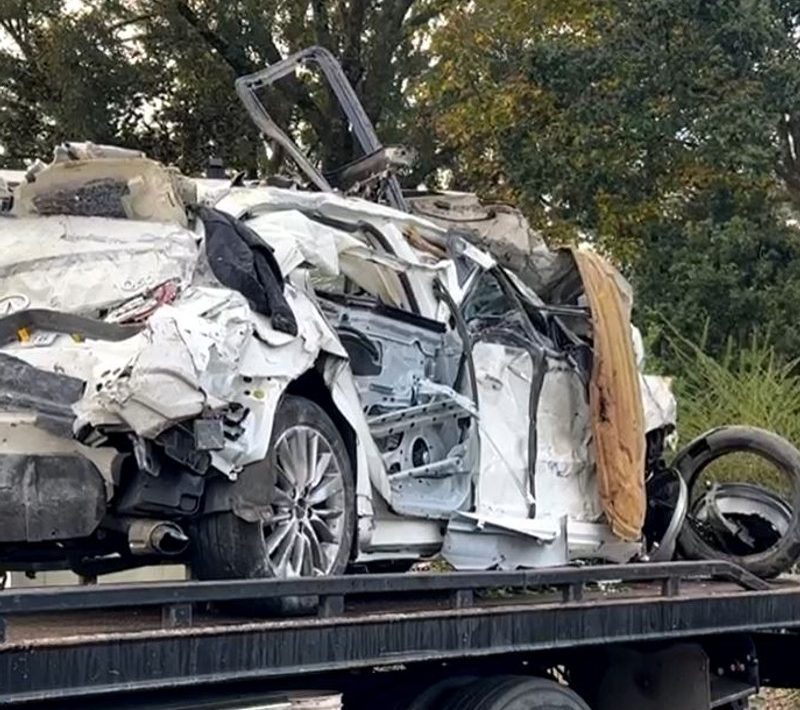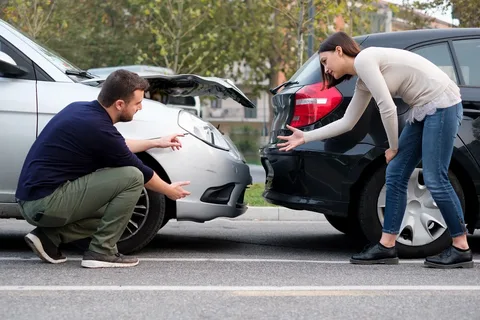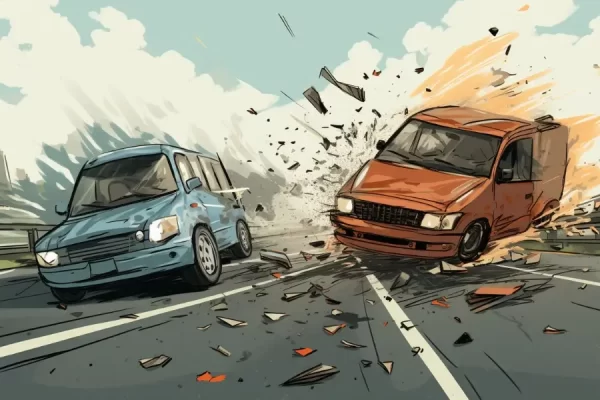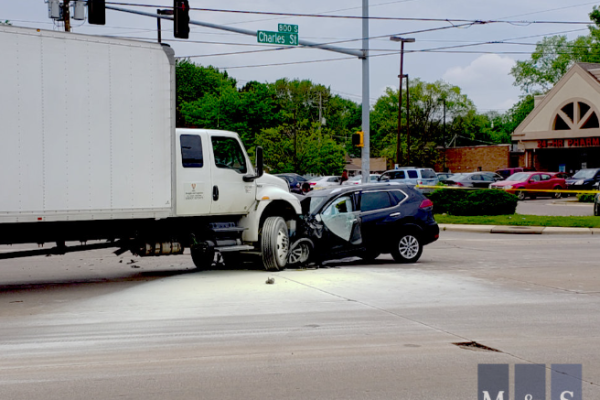Car crashes, a sadly frequent occurrence in today’s fast-paced world, can be life-altering events. Surviving a crash is just the beginning of a long journey that encompasses physical recovery, emotional healing, and seeking justice. Put together by Douglasville, GA Car Accident Lawyers, this comprehensive guide aims to empower victims of car accidents with crucial information and strategies to navigate this challenging period.
The Immediate Aftermath: Ensuring Safety and Health
The moments following a car crash are critical. Ensure your safety and that of others by moving to a secure location if possible. Prioritize medical attention, even if injuries seem minor, as some symptoms may appear delayed. Contacting emergency services should be your first step. This immediate response not only safeguards your health but also serves as a vital record for any future insurance or legal claims.
Legal Considerations: Protecting Your Rights
Once immediate health concerns are addressed, it’s important to consider the legal aspects. Here’s what you should focus on:
- Document Everything: Take pictures of the accident scene, your vehicle, other vehicles involved, and any injuries. Collect contact information from witnesses and other drivers.
- Report the Accident: File a police report. This document is crucial for insurance and legal processes.
- Consult an Attorney: Consider consulting a personal injury attorney, especially if the accident was due to someone else’s negligence. An experienced lawyer can guide you through the complexities of legal claims and ensure your rights are protected.
Navigating Insurance Claims
Dealing with insurance companies can be daunting. Here are key steps:
- Contact Your Insurance Provider: Inform your insurer about the accident as soon as possible.
- Understand Your Policy: Review your insurance coverage to understand what costs are covered, including medical expenses, vehicle repairs, and rental car fees.
- Beware of Quick Settlement Offers: Insurance companies may offer a quick settlement, but ensure it covers all your expenses and losses before accepting.
Medical Recovery: A Journey of Healing
Physical recovery varies depending on the severity of injuries. It’s essential to:
- Follow Medical Advice: Adhere to treatment plans and attend all follow-up appointments.
- Seek Physical Therapy if Needed: Rehabilitation can be crucial for regaining strength and mobility.
- Be Aware of Emotional Impact: Car accidents can lead to emotional distress, including anxiety, PTSD, and depression. Seeking professional mental health support is as important as physical healing.
Financial Considerations: Managing Costs
Car accidents can impose financial burdens. To manage this:
- Keep Records of All Expenses: Document medical bills, lost wages, and other related costs.
- Explore Financial Assistance Options: Some organizations offer financial aid to accident victims. Insurance payouts and legal settlements can also provide necessary funds.
Finding Support: Leaning on Community and Resources
Don’t underestimate the power of support from family, friends, and support groups. Additionally, numerous online resources and local community services can provide guidance and assistance.
Seeking Justice: The Path to Legal Resolution
If pursuing legal action, understand that the process can be lengthy and emotionally taxing. A good attorney will help you understand your case’s strengths and weaknesses, the likelihood of a favorable outcome, and what to expect in terms of time and emotional investment.
The Role of Self-Care in Recovery
Throughout this journey, prioritize self-care. Rest, engage in activities you enjoy, and give yourself time to heal physically and emotionally.
Surviving a car crash is the start of a journey that can challenge you in numerous ways. It’s a path that involves navigating the complexities of medical recovery, legal systems, and insurance claims, all while managing the emotional and financial impacts. Empowerment comes from knowledge, seeking professional advice, and leaning on your support network. Remember, recovery is not just about healing wounds or winning legal battles, but about finding a way back to a life of fulfillment and peace post-trauma.




